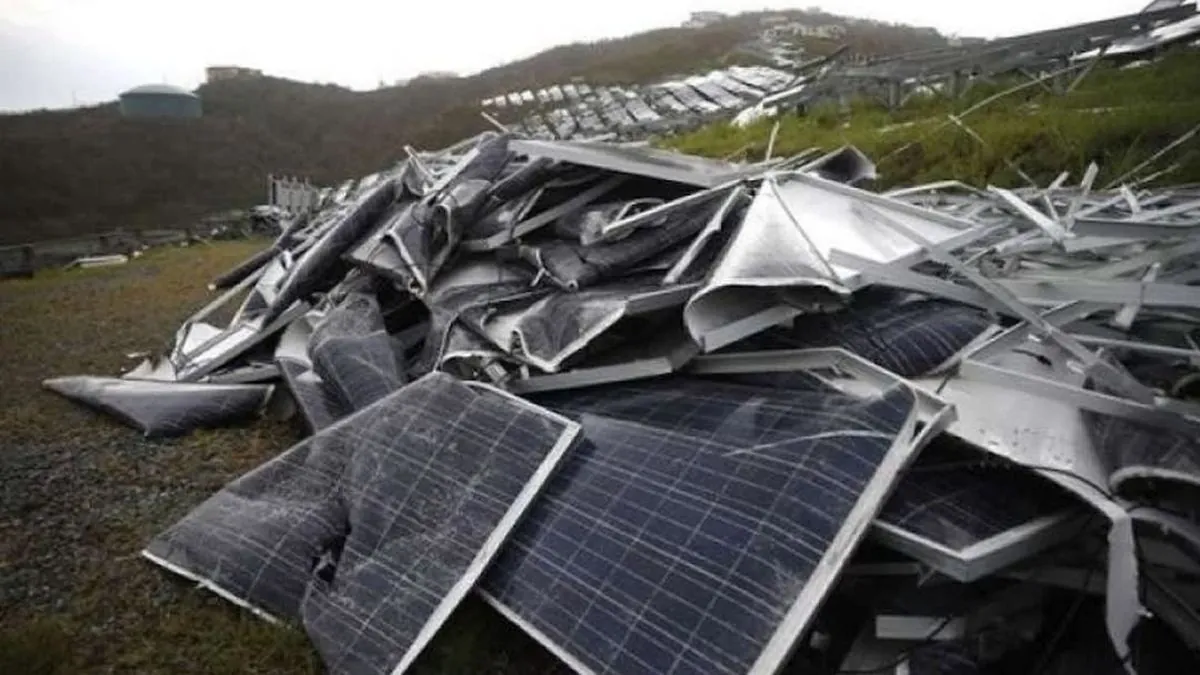China has announced new export restrictions on antimony and related elements, citing national security concerns. This decision, set to take effect on September 15, 2024, is expected to have far-reaching implications for both military and civilian applications, particularly in the solar energy sector.
Antimony, a silver-grey metalloid, plays a crucial role in various industries. It is used in military equipment such as night-vision goggles and nuclear weapons, as well as in the production of photovoltaic glass for solar panels. The element's versatility extends to its historical uses, including ancient Egyptian cosmetics and type metal for printing presses.
China's dominance in the global antimony market is significant, accounting for 48% of global production in 2023 and possessing 32% of known reserves. However, the country's antimony output has been declining, with current production levels 55% lower than in 2019 and nearly 80% below 2008 figures.
The new regulations require exporters to obtain licenses for dual-use items and technologies, a process that typically takes two to three months in China. This move is likely to reduce overall Chinese exports of antimony, potentially disrupting global supply chains.
While Beijing cites national security and non-proliferation obligations as reasons for the export limits, the decision also appears to be driven by climate change considerations. China's solar power sector has experienced remarkable growth, with production capacity reaching 1,000 gigawatts in 2023. In the first half of 2024, solar power output increased by 47% year-on-year, putting the country on track to achieve its 2030 renewable energy goals ahead of schedule.
The restrictions on antimony exports may be seen as a way for China to protect its burgeoning green energy initiatives. As demand for solar panels continues to rise, the need for antimony in photovoltaic glass production is expected to increase significantly. Kang Dongsheng, chair of the state-owned miner Twinkling Star, has predicted that the solar sector will become the largest consumer of antimony, surpassing fire-retardant products.
The global antimony market has already experienced significant price fluctuations, with the element's value quintupling since 2019 and doubling in 2024 alone. New supply sources are limited, with U.S.-listed Perpetua Resources planning to open a new mine in 2028.
As the world grapples with the implications of China's antimony export restrictions, it's worth noting that this element, despite its importance in modern technology, has no known biological role and can be toxic if ingested or inhaled in large quantities. The coming months will likely see increased efforts to diversify antimony sources and develop alternative technologies in affected industries.
